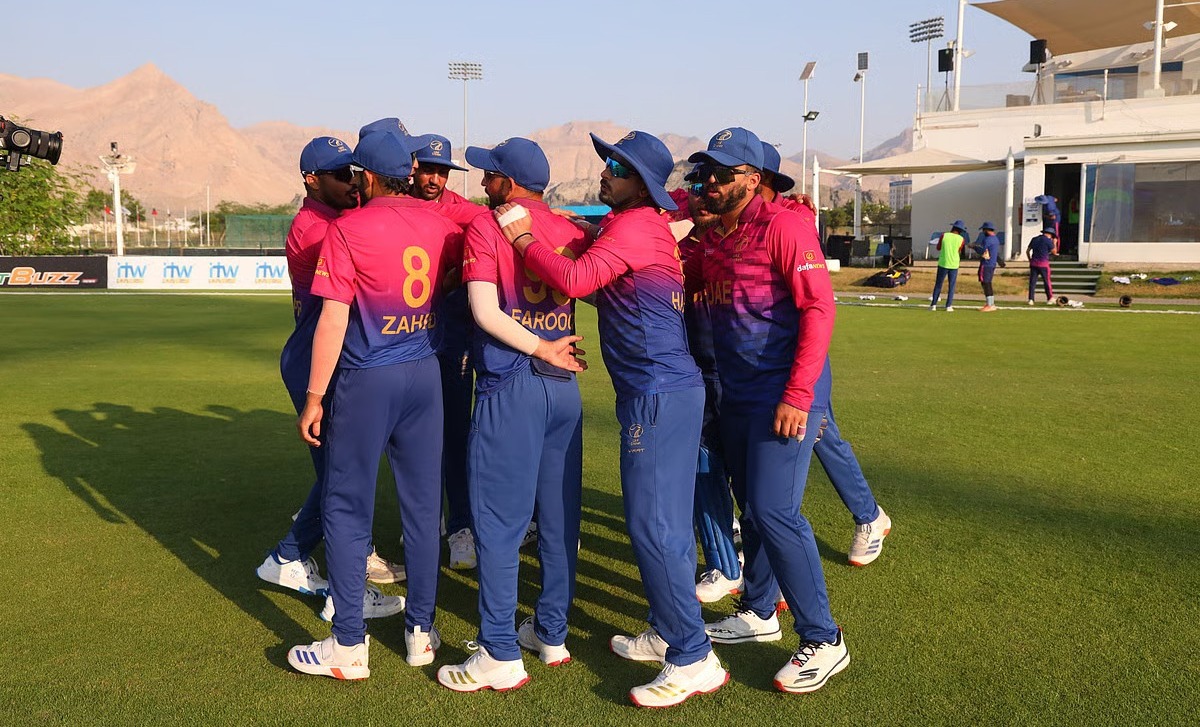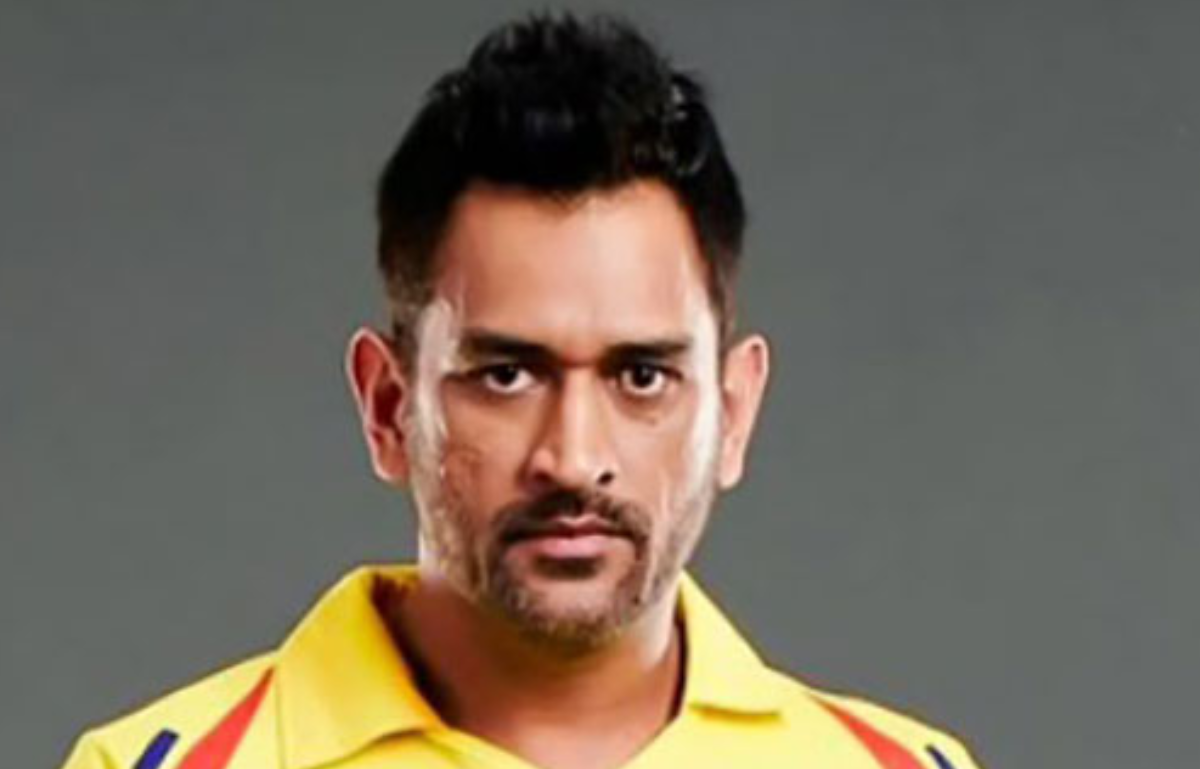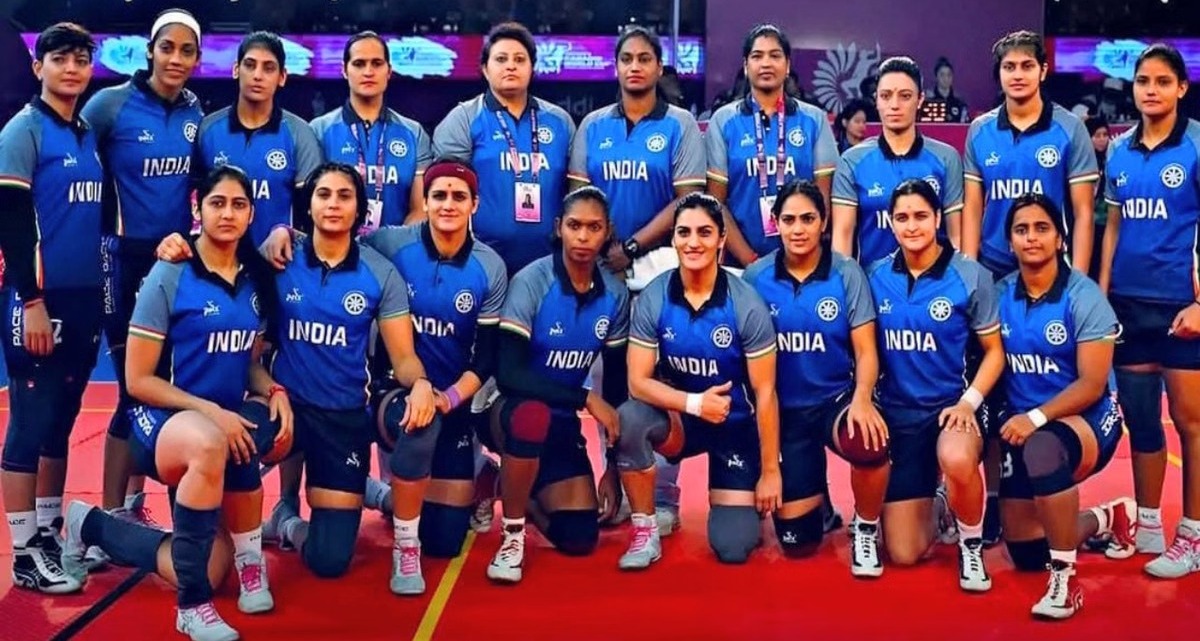India vs Pakistan Handshake Row: Suryakumar had made up his mind on the morning of the game and signaled to the squad that he would not oblige the handshake. Frosty emotions between both sides due to recent tensions at the border.
Both captains, India’s Suryakumar Yadav and Pakistan’s Salman Ali Agha, were greeted with the traditional roars as they entered the half-filled Dubai International Stadium. However, Surya and Agha did not exchange traditional handshakes during the Asia Cup’s final match. Both captains handed over their team lists to the umpire, paused for the traditional talk with the commentator (Ravi Shastri in this case), and then retired to the dressing room.
Surya made up his decision on the morning of the game. Hours before the game, he informed the squad that he would not accept the handshake. He did, however, tell his staff that it was up to each individual to decide whether to shake hands with their Pakistani counterparts.
The players are aware of the outrage back home following the Pahalgam terror attack, which killed 26 people, and India’s retaliatory strikes, but because the Board of Control for Cricket in India (BCCI) and the government had agreed to the game against Pakistan in Dubai, they had no choice.
Assistant coach Ryan Ten Doeschate told the press conference that the players’ issues were aired in a team meeting the day before the match.
“It was actually something we discussed in the morning. We are definitely aware of the sentiments and strong emotions. And Gauti’s (coach Gautam Gambhir’s) message has just been extremely professional, about not worrying about things beyond our control,” he stated.
“I have no doubt that the players share the sympathies and feelings of the great majority of the Indian people. The Asia Cup had been in limbo for quite some time, and all we could do was wait. We didn’t think we’d be coming at one point. But, certainly, you are aware of the government’s stance. Now the team, particularly the players, must put their feelings and emotions aside. “Hopefully, the way we play will reflect how we feel about our country,” the Dutchman remarked.
Even before the toss, the feelings were icy. Players and support staff from both sides examined the pitch almost side by side. However, they barely recognized or exchanged niceties, as if they were unaware of each other’s existence. On one side of the pitch, India warmed up, while Pakistan’s bowlers worked hard on a practice wicket.
Though the two adversaries have duelled in far more contentious periods, their hostility has rarely spilled onto the ground. As a result, the players, who are the only individuals who understand what it’s like to be in the midst of a match that draws an audience of nearly a billion, formed a type of kinship with one another, their ties less frigid than those between politicians.
The handshake in the game is more than just an age-old habit or a legacy of Victorian tradition; it is also a sign of the gentleman principles that the game values. The only time players were prohibited from shaking hands was during the pandemic.
The ongoing enmity, or the soul-sucking heat, did not discourage the crowd from arriving at 3 p.m. local time. However, it wasn’t until 4 p.m. that a wild rush gripped the turnstiles.
The sights and sounds were familiar: faces smeared in the Tricolor or dark green, bodies clad in team jerseys, weary limbs waving flags, the louder and more active ones chorusing, “Jeetega bhai jeetega, Pakistan jeetega” or the counter: “Harega bhai harega, Pakistan ko hum harayega.”
However, some of the fans formed amicable bonds with one another. An India fan wearing a Ravindra Jadeja jersey was seen fist-pumping with a pair of Pakistan fans before snapping photographs and hugging them before heading to their designated seats.
The fans of the individual nations were mostly grouped together. Three Pakistani fans stood eagerly outside India’s player entry area. “I only want to see Jasprit Bumrah.” Salim Hussain, a crane operator from Peshawar, adds, “He is my favourite.”
Unlike games in the United Kingdom or last year in the United States, the stadium was not surrounded by armed military forces. There were a few more police patrols, but no snipers on surrounding roofs, or ‘CIDs’, as the surveillance squad is known here, who monitor every inch of the venue via cameras from a faraway location. The team busses virtually followed each other, separated by only a pair of police cruisers.




